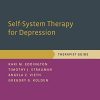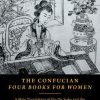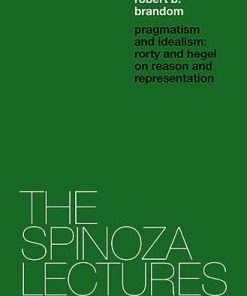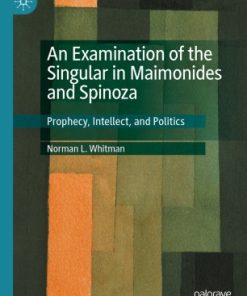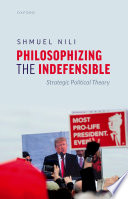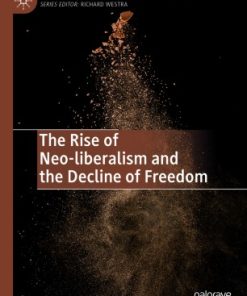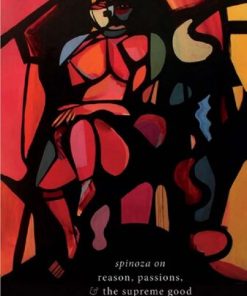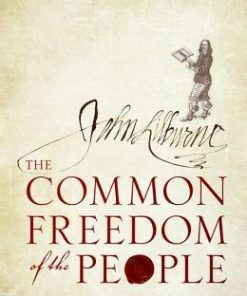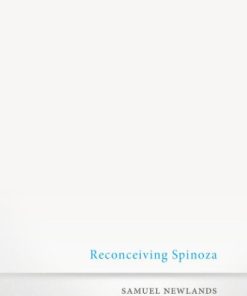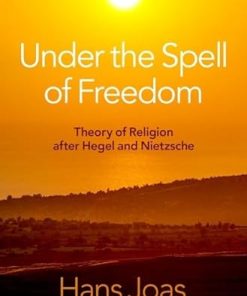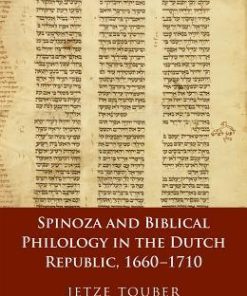(EBOOK PDF)Spinoza and the Freedom of Philosophizing 1st edition by Mogens Lærke 9780192648723 0192648721 full chapters
$50.00 Original price was: $50.00.$25.00Current price is: $25.00.
Spinoza and the Freedom of Philosophizing 1st edition by Mogens Lærke – Ebook PDF Instant Download/Delivery: 9780192648723, 0192648721
Full download Spinoza and the Freedom of Philosophizing 1st edition after payment

Product details:
• ISBN 10:0192648721
• ISBN 13:9780192648723
• Author:Mogens Lærke
Spinoza and the Freedom of Philosophizing
Spinoza and the Freedom of Philosophizing is a study of freedom of speech, good government, civic responsibility, public education, and the foundations of religion and society, as seen through the eyes of seventeenth-century Dutch philosopher Spinoza. During the Golden Age of the Dutch Republic, a new kind of public sphere emerged. Courtly structures of political advice made room for new, republican forms of public consultation between the sovereign powers and the general citizenry. Missing, however, were guidelines for how and when to address questions of public concern and how to form unprejudiced citizens in possession of their own free judgment, capable of speaking up for themselves in public deliberations with the common interest in view. The book argues that Spinoza’s conception of the freedom of philosophizing, and the systematic political theory he developed to defend it in his 1670 Theological-Political Treatise, were conceived to provide just such guidelines. It shows how Spinoza understood the freedom of philosophizing as a collective style of reasoning and argument based on mutual teaching and advising, a model for the public sphere in a free republic. It studies the conditions under which such a public sphere of free philosophizing could flourish, how it would require popular reform of public education and democratic reorganization of the relations between political counsel and sovereign command. It also shows how Spinoza designed theological and political doctrines of universal faith and social contract in order to promote true religion and a sense of civic duty, and asserted the state’s right over sacred matters as a means to ensure mutual toleration in a multi-religious society.
Spinoza and the Freedom of Philosophizing 1st Table of contents:
A Note on Texts, Translations, and Abbreviations
Spinoza
Descartes
1. Introduction
The End of the Republic
Elements of Method
Outline of the General Argument
2. Circles and Spheres of Free Philosophizing
Two Controversies
Academic Freedom
Declining a Job Offer: Spinoza’s Answer to Fabritius
Freedom of Conscience I: The Political Circumstances
Freedom of Conscience II: The Intellectual Context
Conclusion
3. Philosophizing
Style: Scriptural and Geometrical
The Natural Light
Mathematics and the Authority of Scripture
Sound Judgment and Right Reason
Conclusion
4. The Apostolic Styles
Preaching from Revelation and Knowledge
The Prophetic Style
The Epistolary Style
Brotherly Advice and Free Philosophizing
Conclusion
5. Authority
The Forms of Authority
Prophetic and Scriptural
Divine and Priestly
Public and Private
The Authority to Teach and Advise
Freedom and Permission
Violent Rule
Conclusion
6. Prejudice, Deception, Flattery
Unfree Philosophizing
Prejudice and the Preoccupied Mind
Integrity and Rational Self-Contentment
Deception with Evil Intent I: The Context
Deception with Evil Intent II: The Systematic Problem
Flattery
The Flatterer, the Violent Ruler, the Mob
Conclusion
7. Counsel, Collegiality, and Democracy
Navigating Free Philosophizing
Public Consultation and Political Resistance
Absolute States: Citizens, Counselors, Sovereign Powers
Consensus and Collegiality
Mob Rule and Free Democracy
Conclusion: Wise Merchants
8. Education
A Topic Saved for Another Place
Texts on Teaching and Learning
Illustrious Schools, Private Latin Schools, Community Colleges
Hobbes on Men of Leisure and Public Instruction
Conclusion: Spinoza vs. Hobbes on Counsel and Education
9. Foundations I: Universal Faith
The Freedom to Disagree
Doctrines of Universal Faith
Faith and Religion: Foundation and Standard
De reliquis, or, On Things Indifferent
The Genesis of Schism
10. Foundations II: The Contract
Doctrines, Narratives, Fictions
Seeds Sown by Hobbes
The Origins of the State: Hobbes and Spinoza
Security as the Standard of Contract
The Contract as a Foundational Narrative
Conclusion
11. The Right Concerning Sacred Matters
Ius circa sacra
Hobbes and Antistius Constans
A Paradox of Church and State?
National Religion
The Hebrew Republic
12. Conclusion: The Dutch Public Sphere
Notes
Prelims
Chapter 1
Chapter 2
Chapter 3
Chapter 4
Chapter 5
Chapter 6
Chapter 7
Chapter 8
Chapter 9
Chapter 10
Chapter 11
Chapter 12
Bibliography
Index
People also search for Spinoza and the Freedom of Philosophizing 1st:
spinoza and the freedom
spinoza and the freedom of philosophizing
spinoza and the politics of freedom
what did spinoza believe
looking for spinoza summary
Tags:
Spinoza,Freedom of Philosophizing,Mogens Lærke
You may also like…
Politics & Philosophy - European & American Philosophy
Religion & Spirituality - Judaism
Politics & Philosophy - Politics
Business & Economics
The Rise of Neo-liberalism and the Decline of Freedom 1st ed. Edition Birsen Filip
Politics & Philosophy - Anthropology
Spinoza on Reason, Passions and the Supreme Good 1st Edition
Politics & Philosophy - Renaissance & Modern Philosophy
Religion & Spirituality - Religious Studies
Under the Spell of Freedom: Theory of Religion after Hegel and Nietzsche Joas
Religion & Spirituality - Bible


